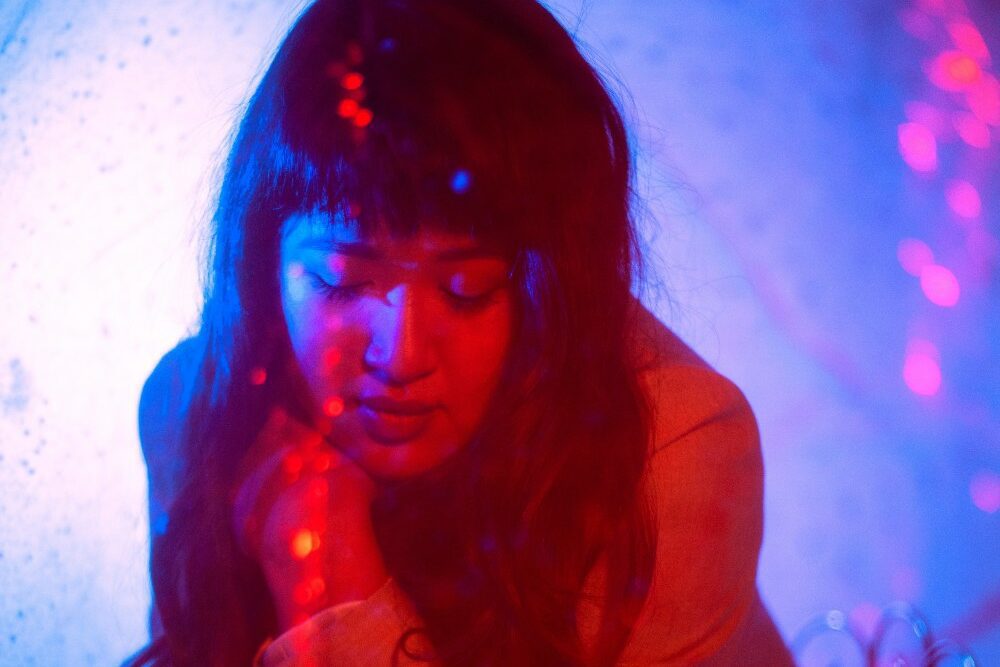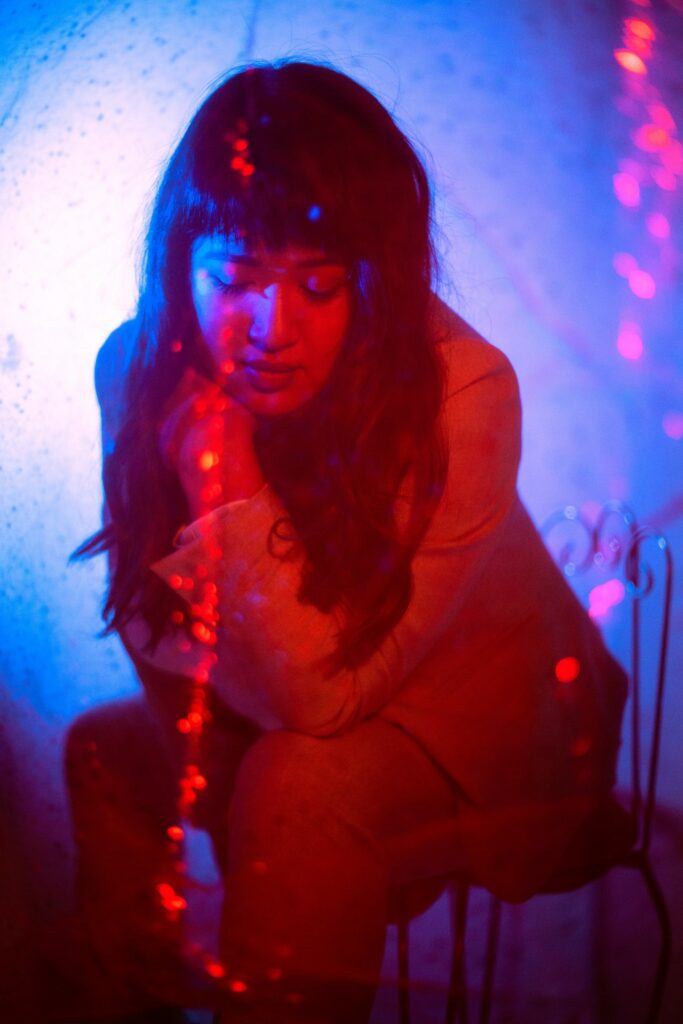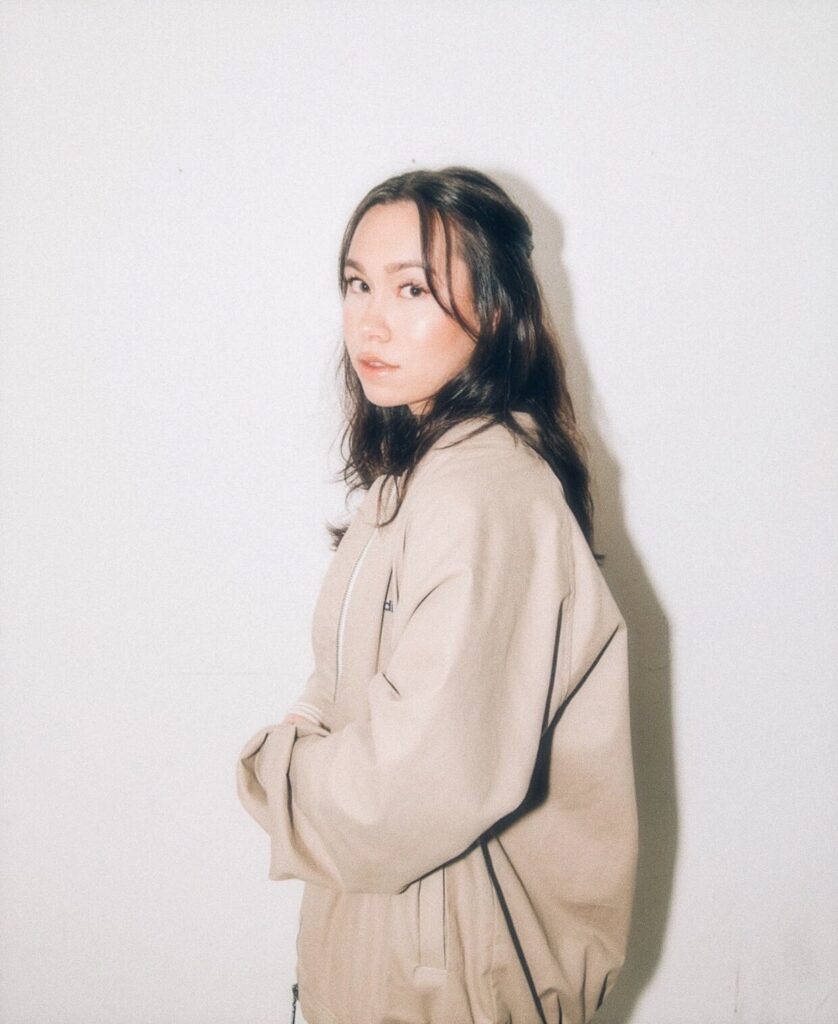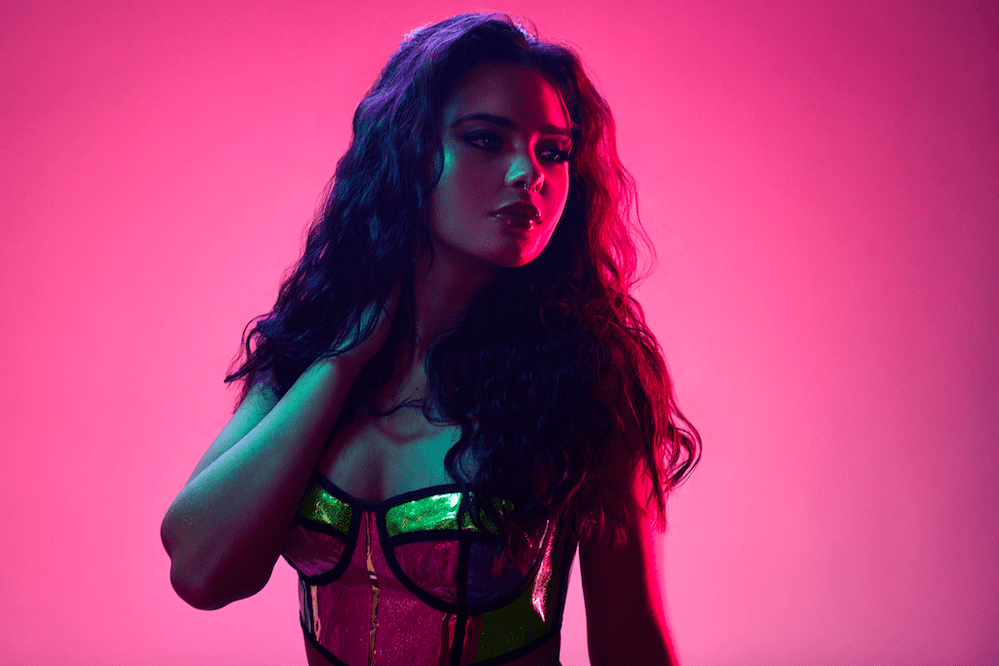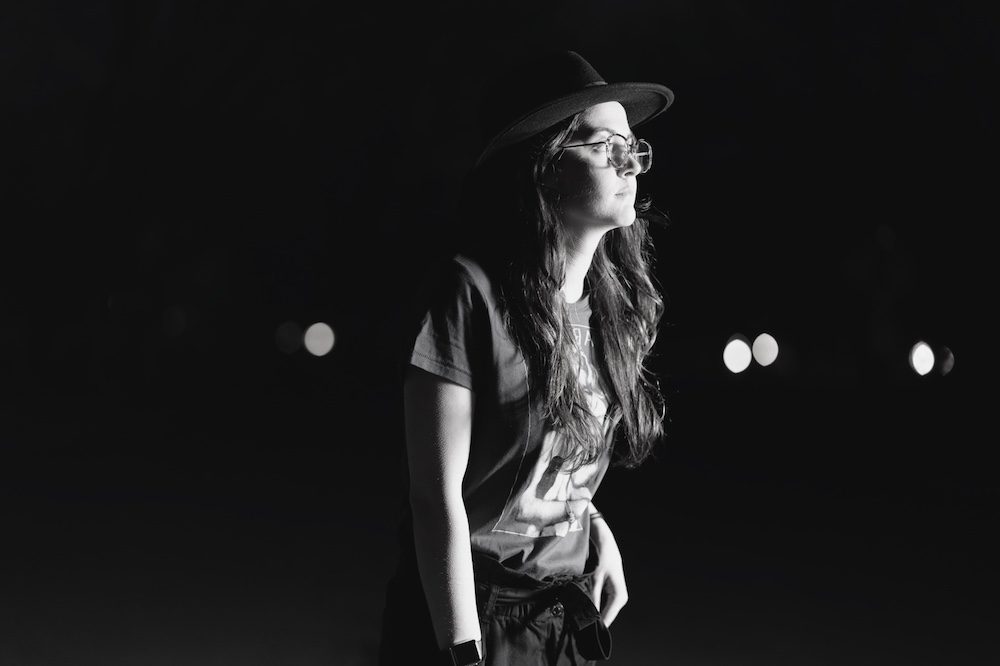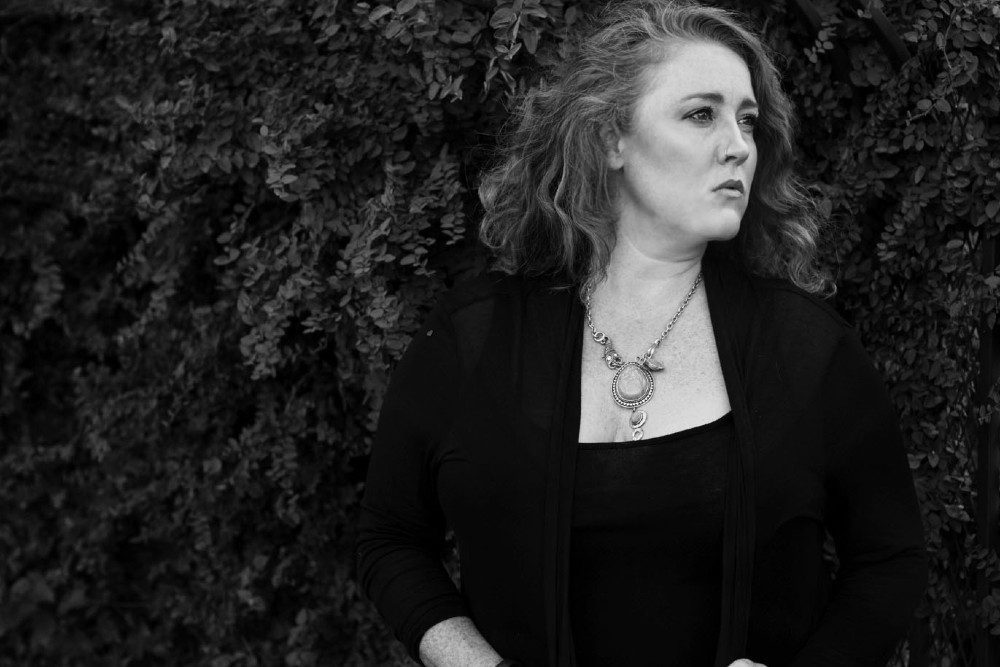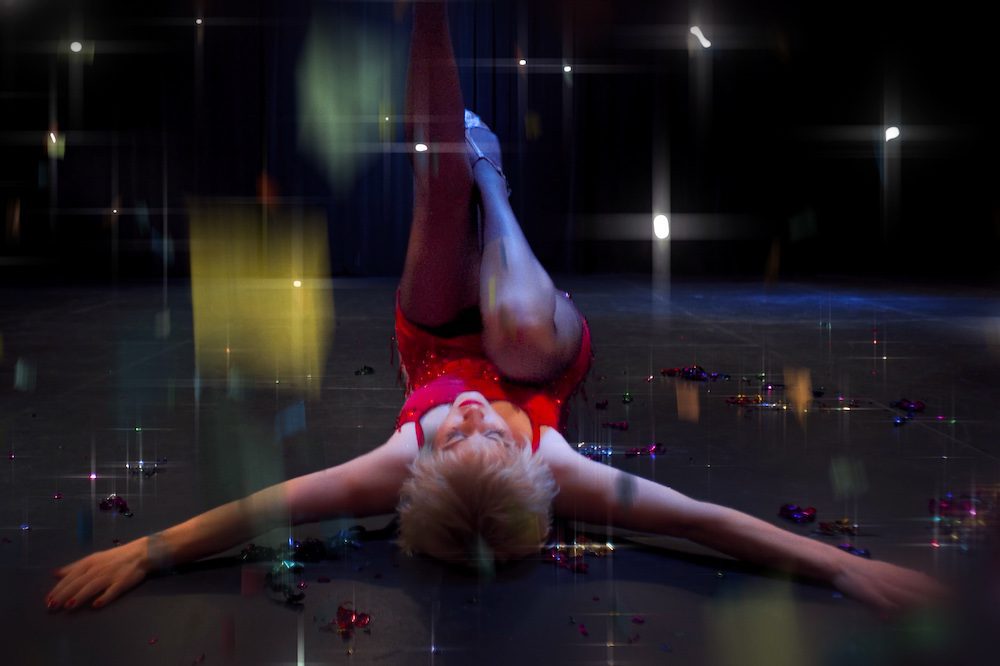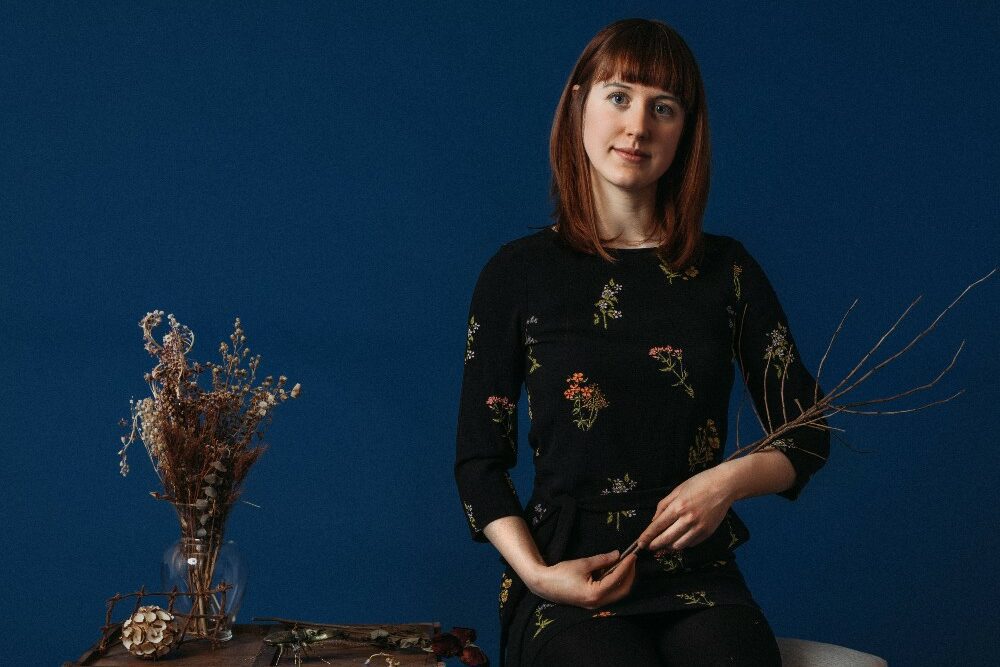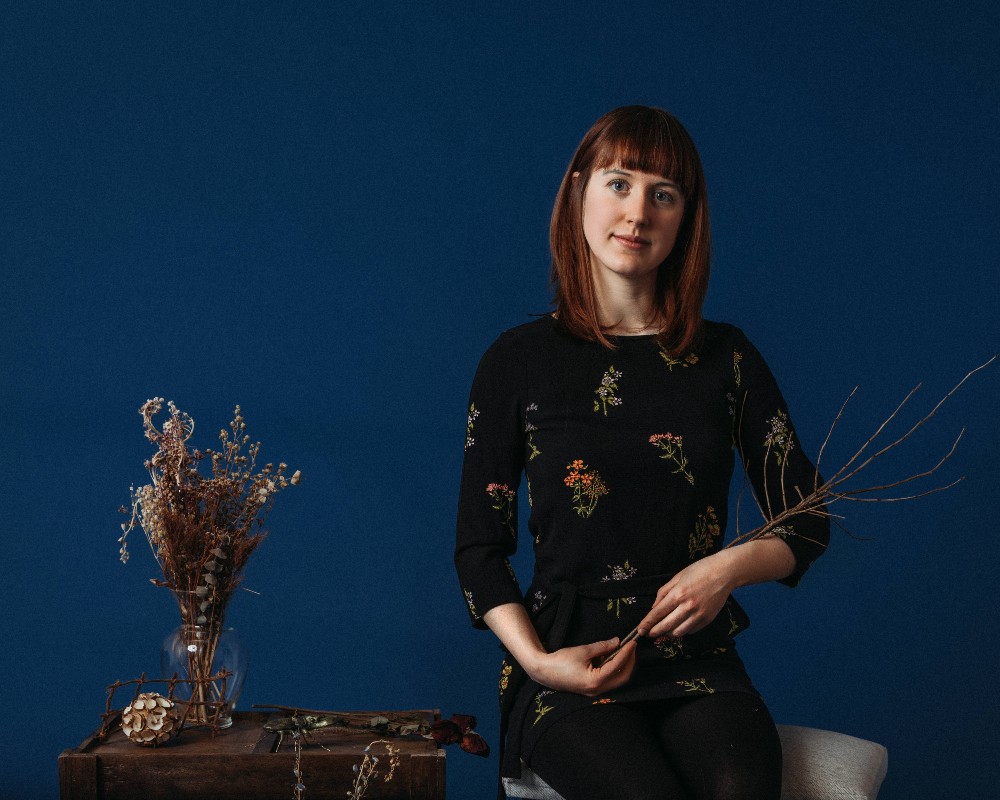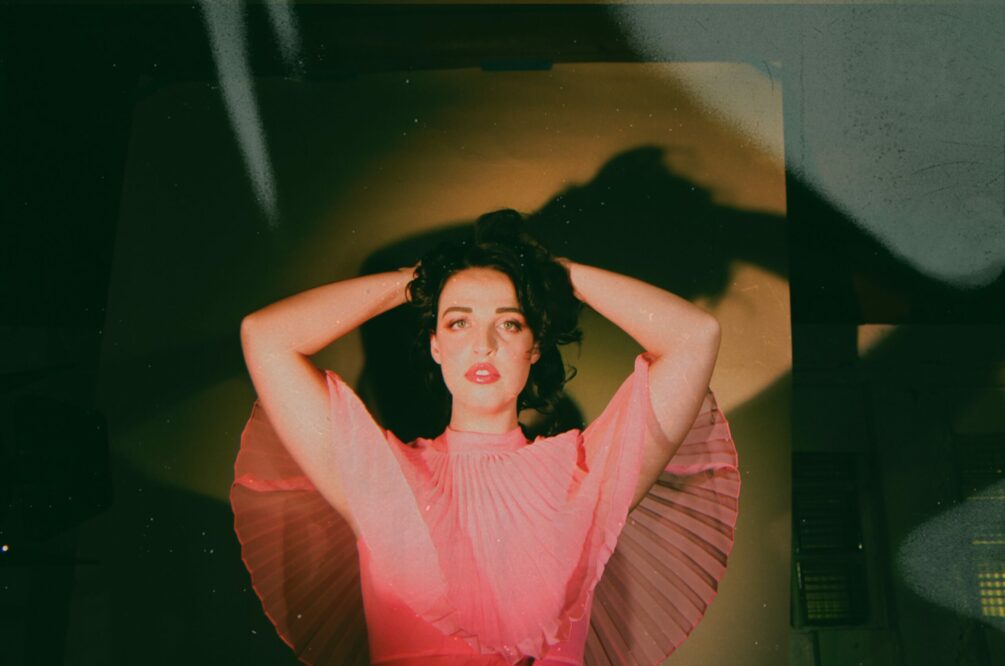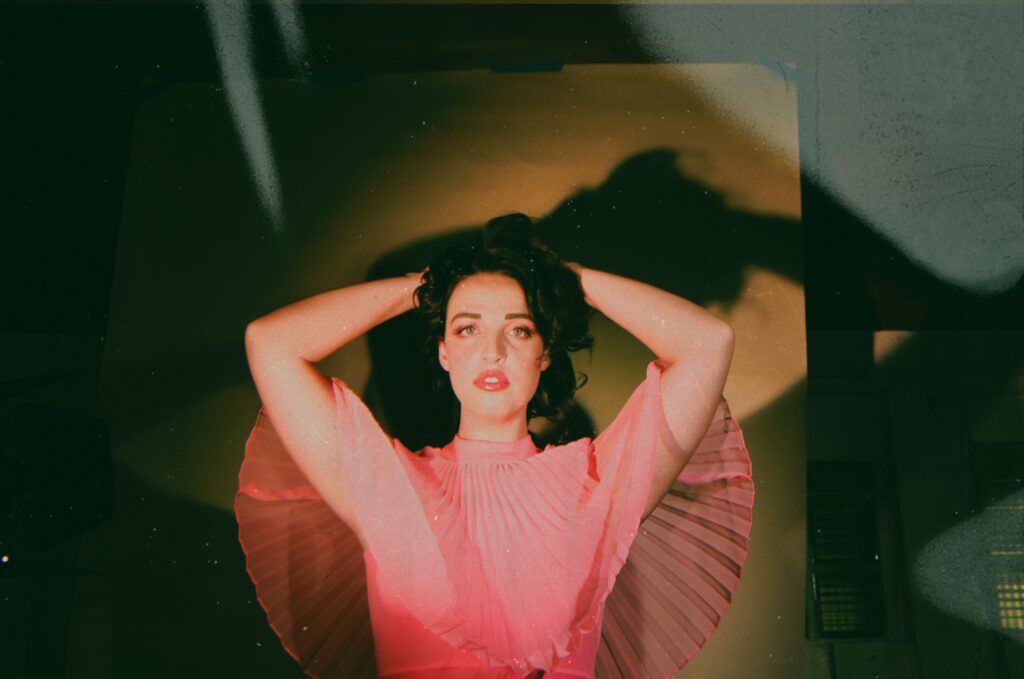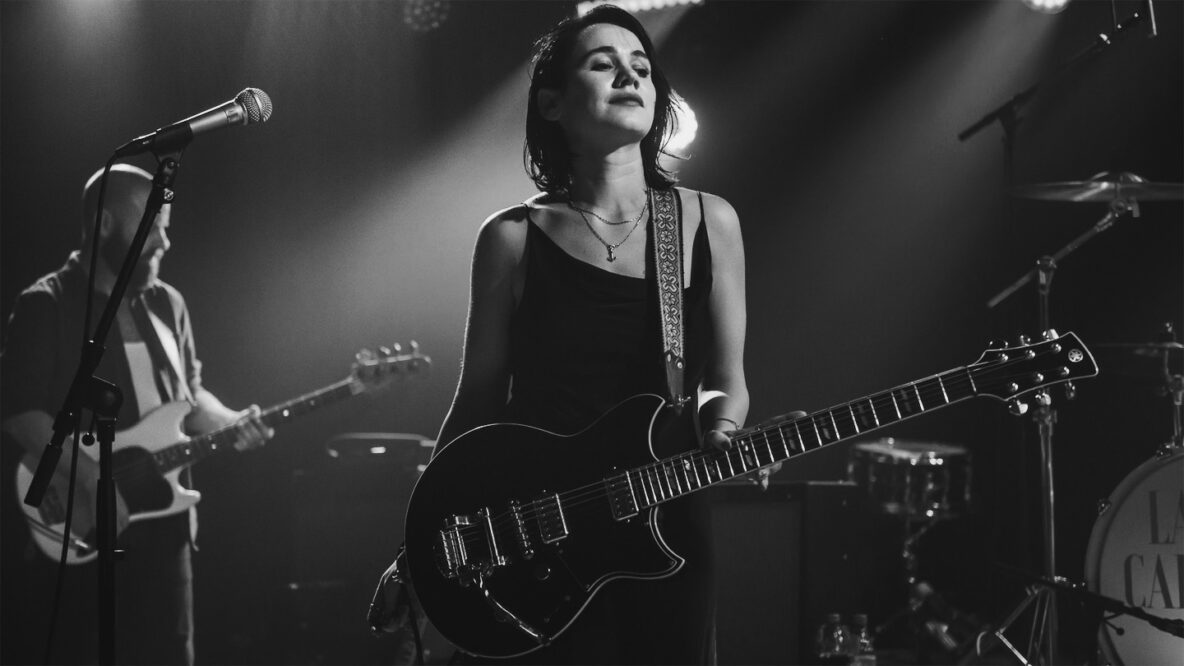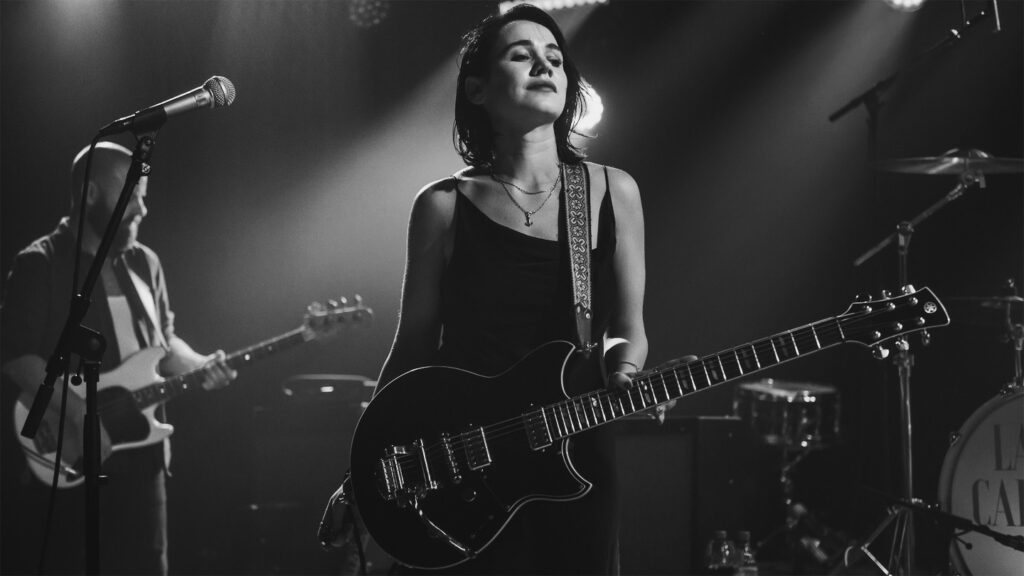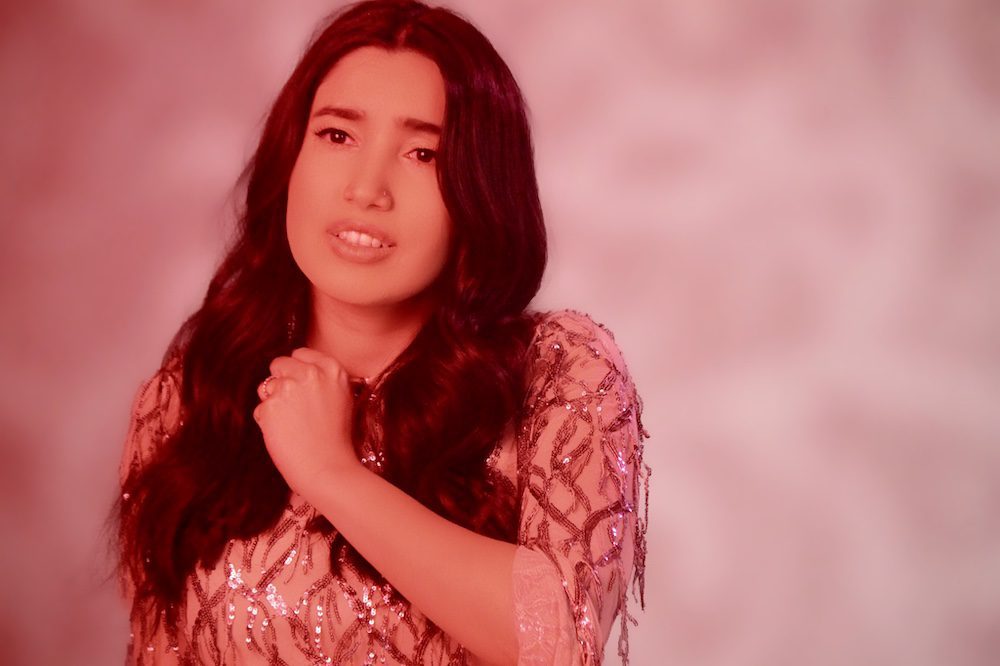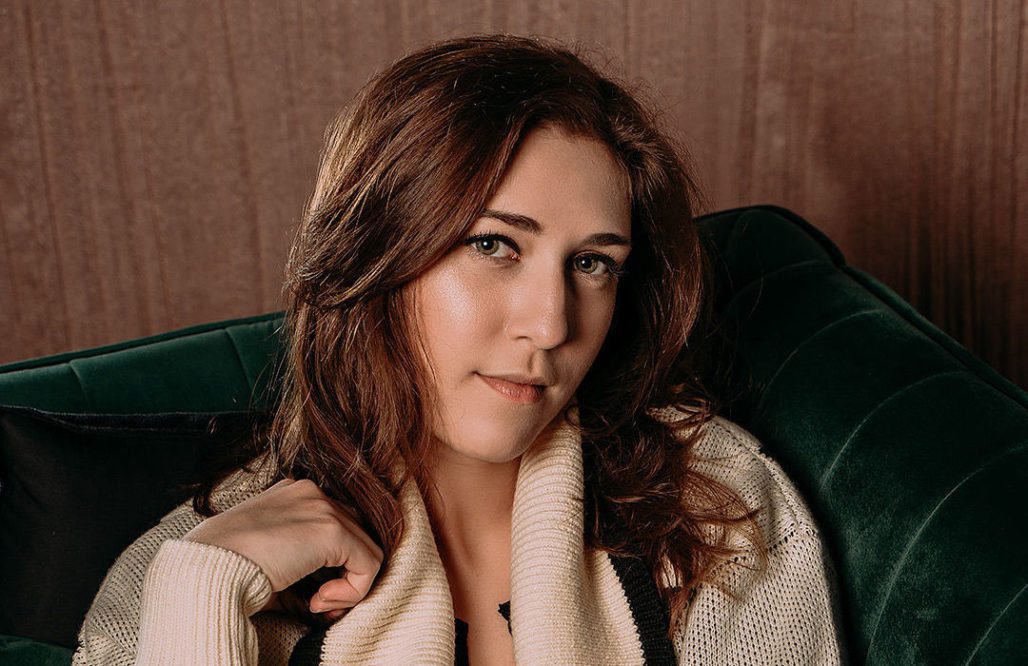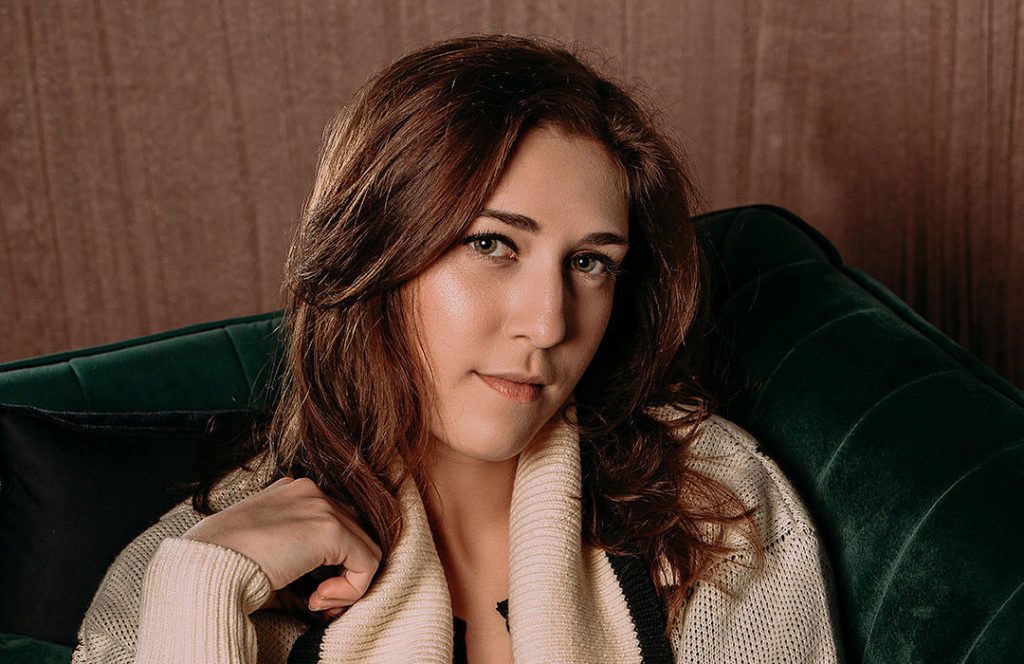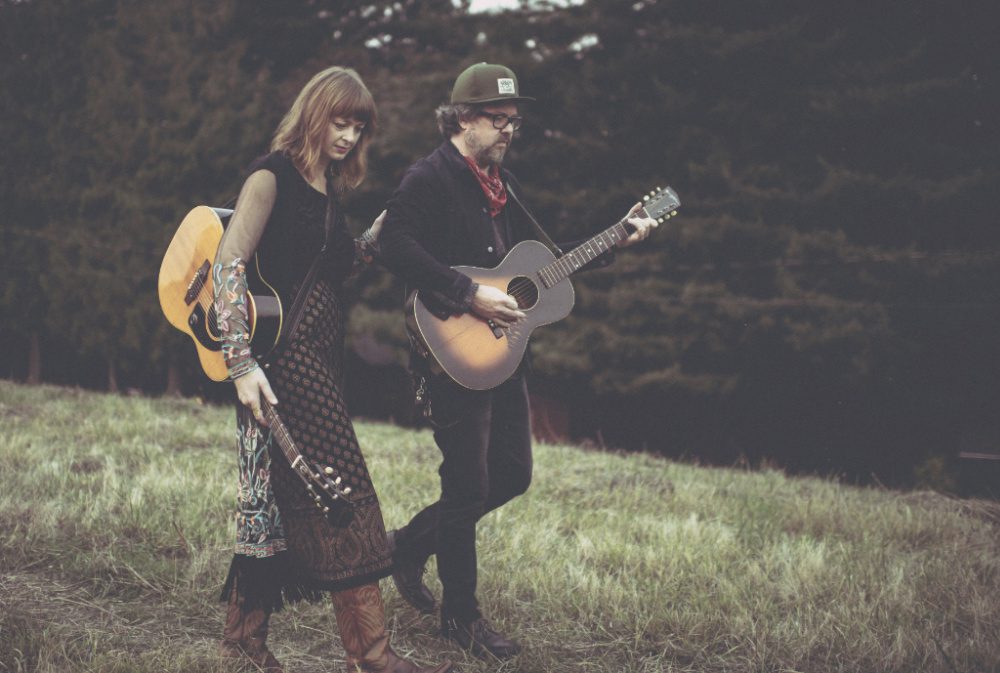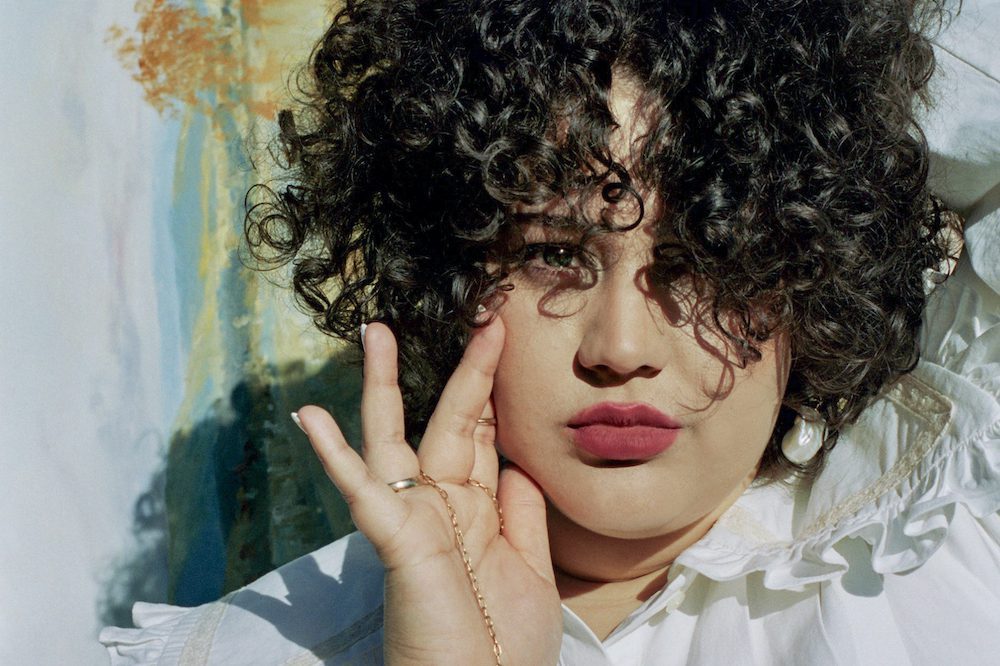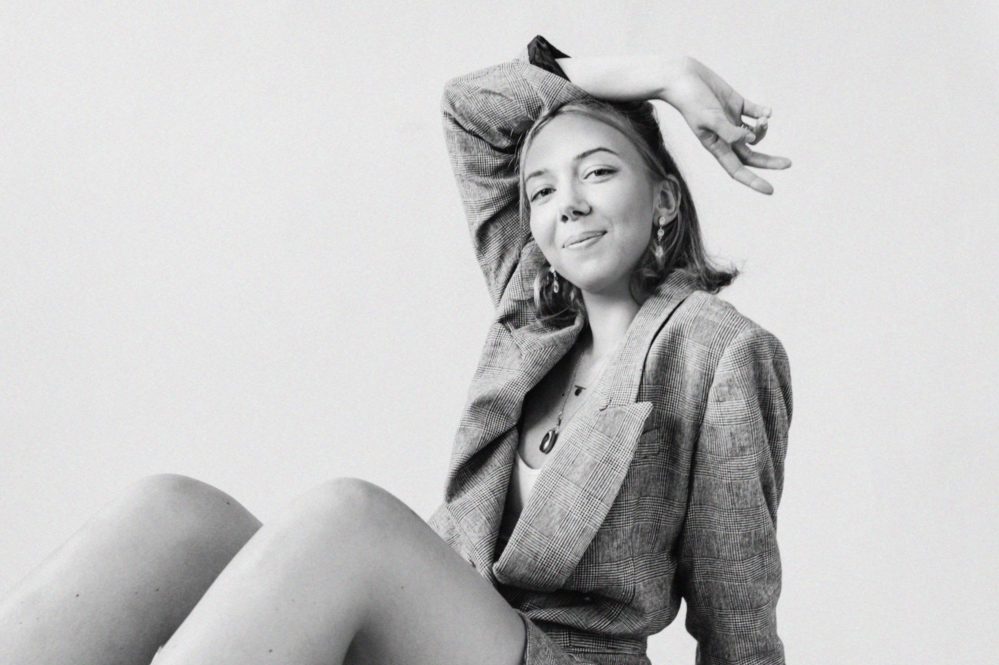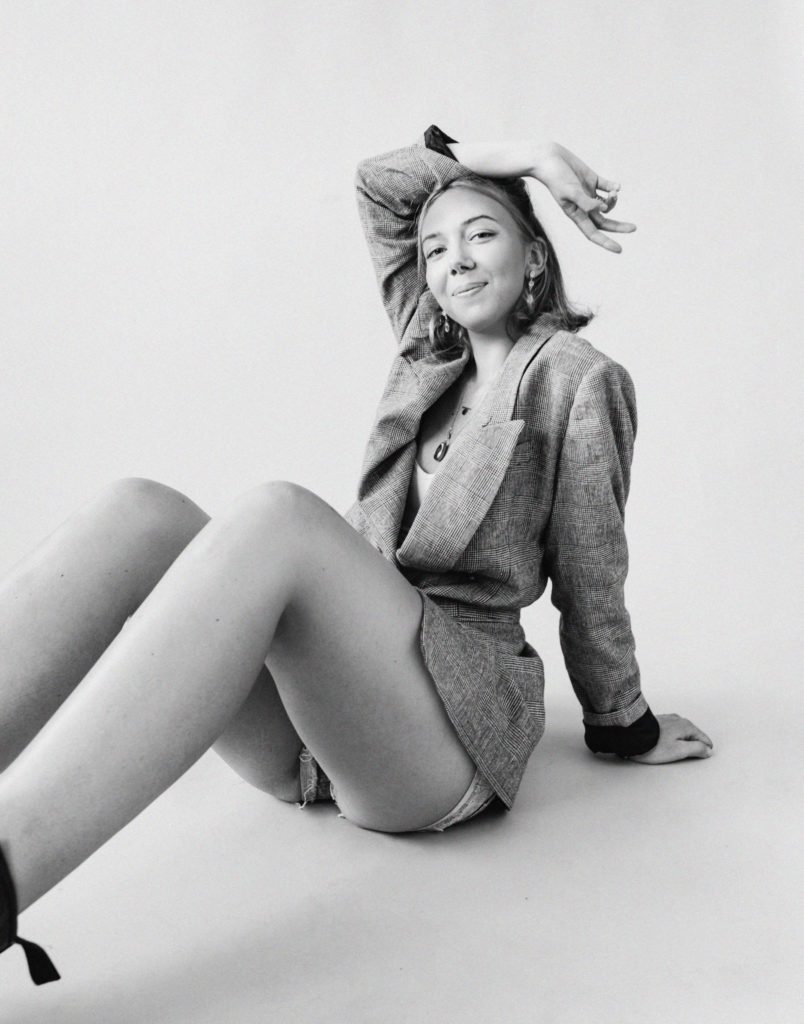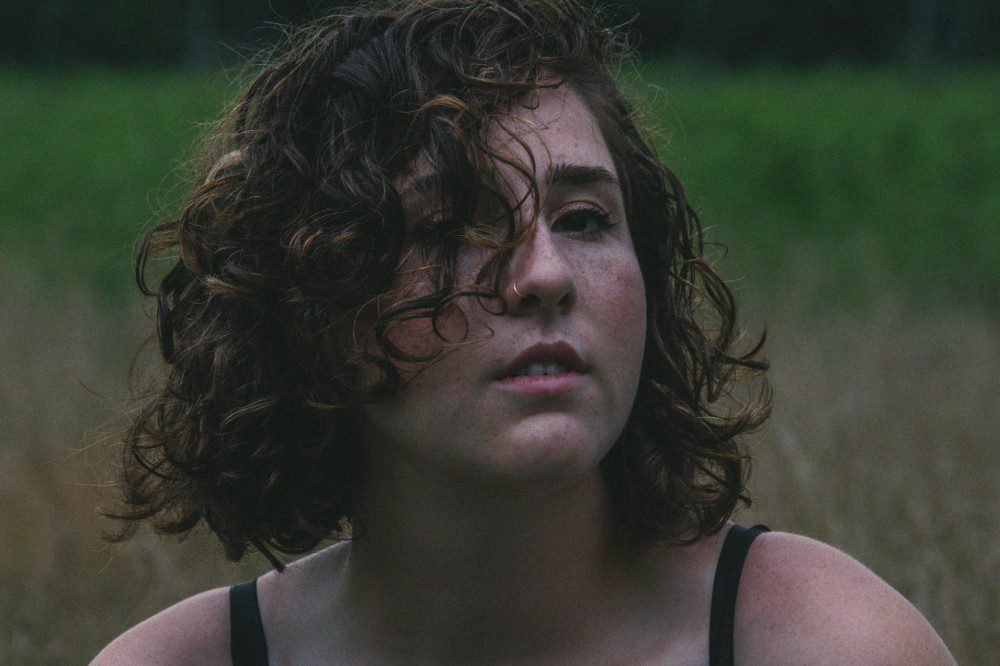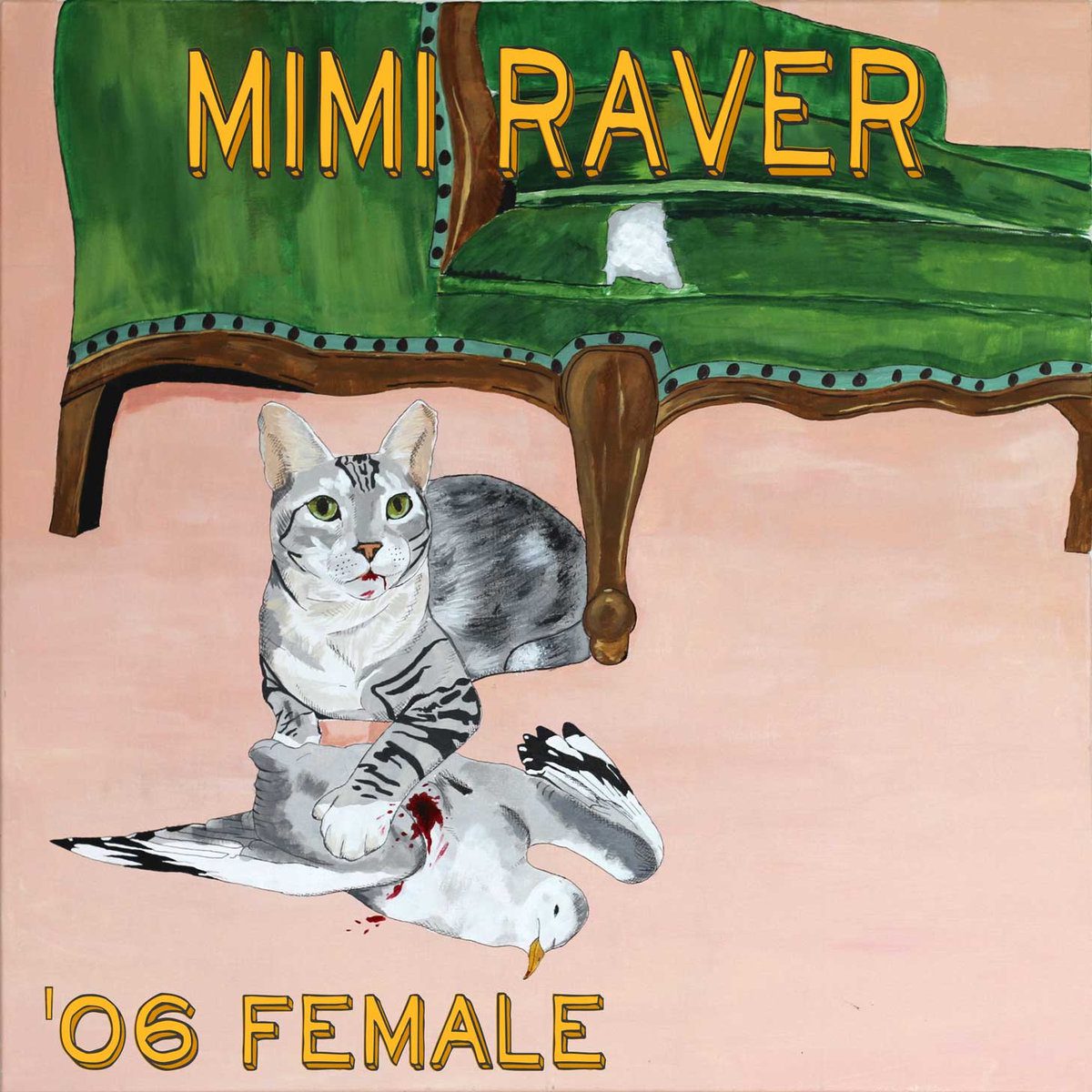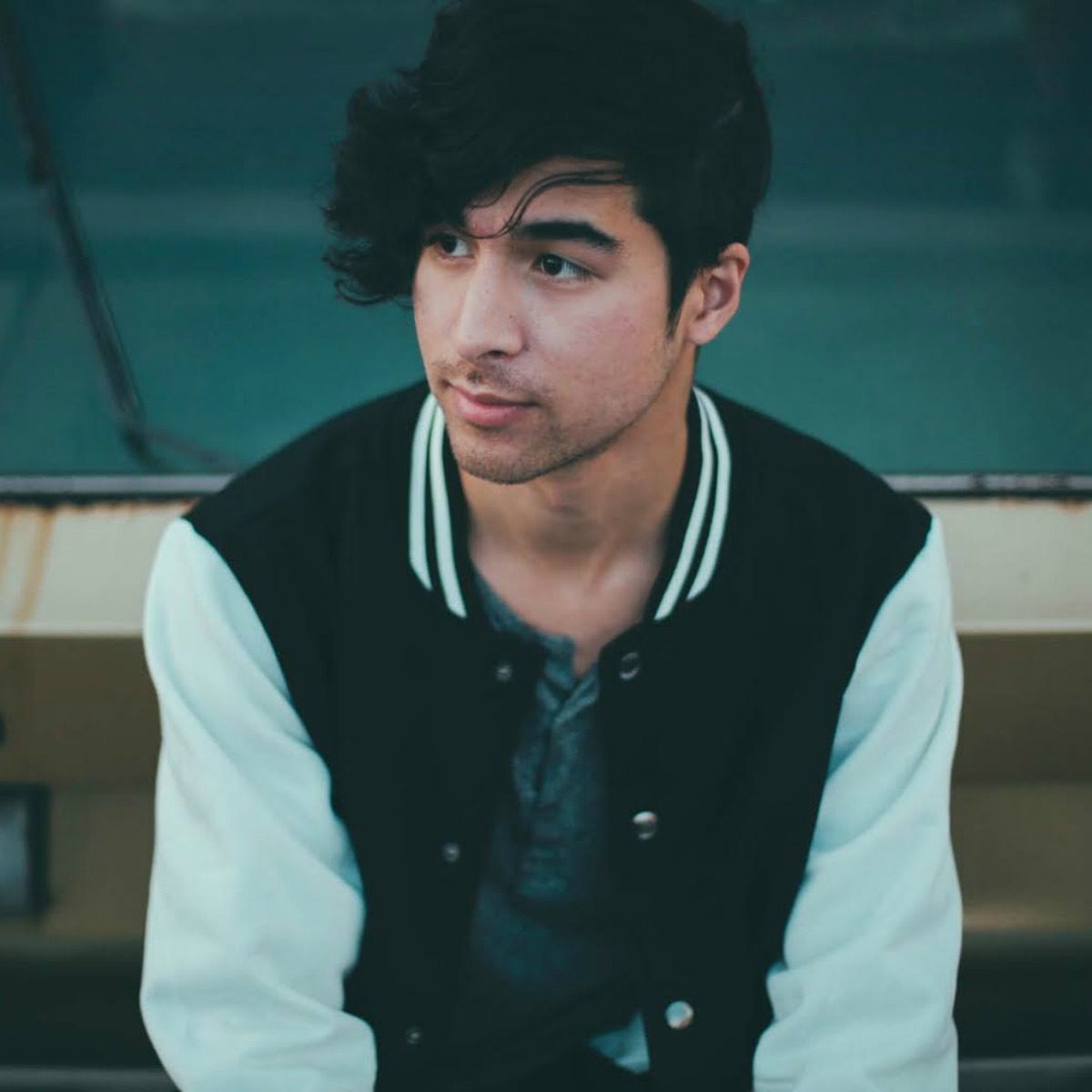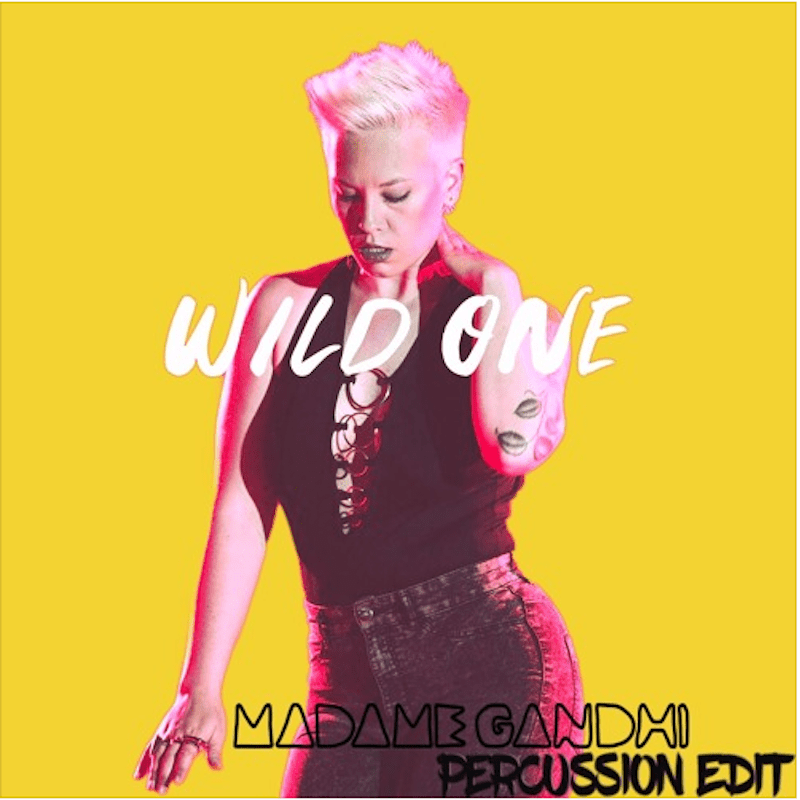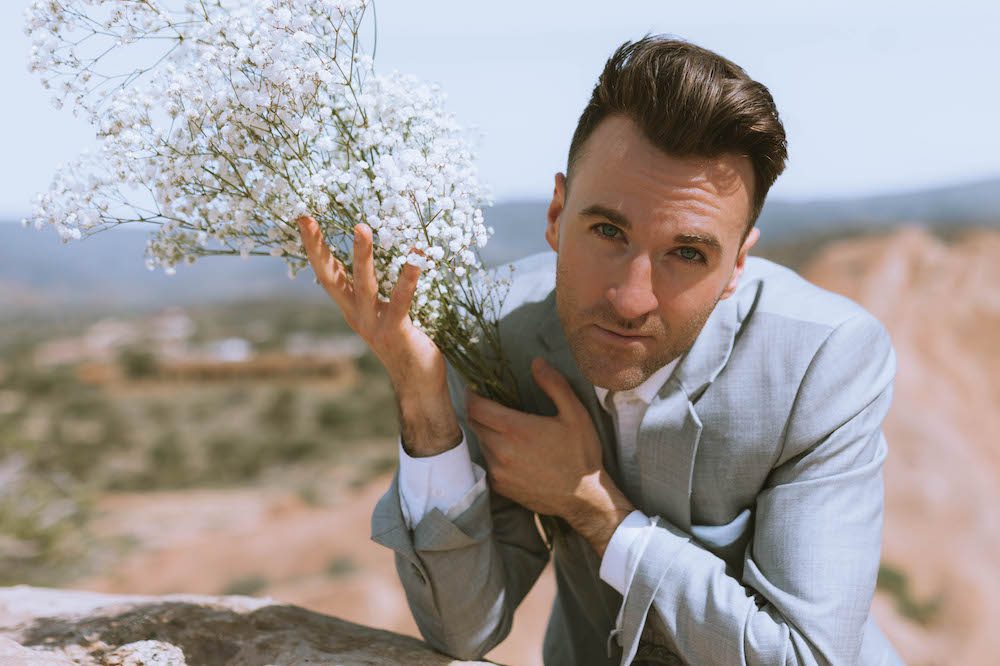

The experience of burgeoning love is bittersweet, and nothing captures that feeling like “Make You Feel,” the latest single from LA-based singer-songwriter/producer NYIKO. Chock full of twinkly synths, falsetto interludes, 100 percent digital drum sounds, and ’80s nostalgia, the song musically illustrates the manic thrill of falling in love, as well as the longing and anxiousness.
“I will kiss you as if/You and I/were the only ones left,” he sings in a voice that conjures up bands like The Cure and The Smiths. “I want to love you as if/We had been together/Since we were kids.”
“It’s essentially the beginning of a narrative of someone who is a little impatient to fall in love,” he says. “The tentpole of the song is that we could be the last two people on Earth, so it’s that feeling of, when you’re with that person, nothing else exists or matters.”
Given the nostalgic feel of the song, it’s unsurprising that NYIKO wrote it with ’80s movies like The Breakfast Club in mind. “When you watch these classic coming-of-age films, there’s this feeling of joy, but there’s also a pain in nostalgia,” he says.
The final post-chorus, where he repeats, “I just want to make you feel alright” in a gentle, high voice, particularly captures this wistful feeling. “When I did that and played it back, it really gave me chills, which is great — that’s something you don’t always get from your own work,” he says.
“One thing I do and one thing I want to normalize for people is to be proud of themselves and to say it out loud — to tell themselves that they did a great job,” he says. “It’s so often that artists, or just people in general, are modest or sell themselves short more often than not, but when you do something you’re really proud of, it’s good to say, I’m really proud of this — I did a good job. And that’s how I felt when I finished ‘Make You Feel.’ I got so inspired and excited.”
“Make You Feel” is the first track on NYIKO’s upcoming debut solo album, Honesty, which comes out on April 9. The LP explores the titular theme not only in regards to relationships but also with oneself, which includes “being honest with what your goals are, with what your desires are, and checking yourself when you might be dishonest because you’ve tricked yourself into thinking there’s this idea of a relationship that you want or this idea of success that you have,” he explains.
The album also includes NYIKO’s previous single “Call the Boys,” which was written in 2018 in reaction to a series of news stories about school shootings. “Call the boys inside/Tell them it’s alright/There’s no use for abuse,” he sings in long, powerful notes against similarly ’80s-inspired synth and guitar.
“It just seemed like, at that time, there was another school shooting every week, and most if not all the cases these shootings were carried out by young white men, and I was kind of just grappling with this,” he remembers. “It made me start thinking about just how outdated so many of the stereotypes are, gender roles and gender stereotypes and this idea of what masculinity means. It made me really inspired to write a song that crystalizes that we are able to redefine this for this generation and the next generation of male-identifying kids.”
He wrote, produced, and recorded everything on Honesty, and also played synths, enlisting the instrumental skills of guitarist Niles Gregory and bassist Stone Irr as well as the feedback of producer Kyler Hurley. The process began with 30 demos he had written and produced on his laptop in his room with one keyboard, then selected his favorites to finalize.
“I was still learning how to be a better producer, how to be a better mixer, so it was almost like the production process was a practice of teaching myself and growing as a producer,” he says. “I think it’s really exciting to have a project that I can look at now and see as this place and this time that I was learning.”
NYIKO, who also works as a music licensing manager, played in several folk bands before beginning the solo electro-pop project that evolved into his current act, taking inspiration from post-punk, synth-pop, and new wave music. He’s also produced music for Hasbro, Amazon, and Disney — he produced and raps in the six-episode Oh My Disney series “Disney Raps,” in which re-imagines Disney classics like Winnie the Pooh and Hocus Pocus through rap songs.
Through the emotional vulnerability in his music as well as his everyday actions, NYIKO hopes to model “ideas of masculinity that are not about toughness and not about being loud or angry, but instead showing an example of masculinity that really emphasizes empathy, raising other people’s voices up and being sensitive,” he says. “I hope people can listen to a song like ‘Call the Boys’ or my work in general and feel understood or feel like they are learning or having space to think about something differently, like how they play a part in the world and how they play a part in the expectations that they set for themselves or other people in their lives.”

